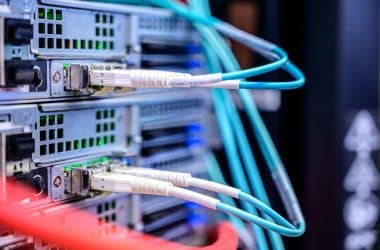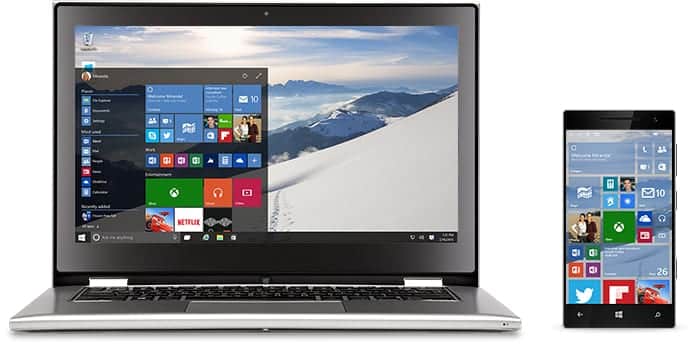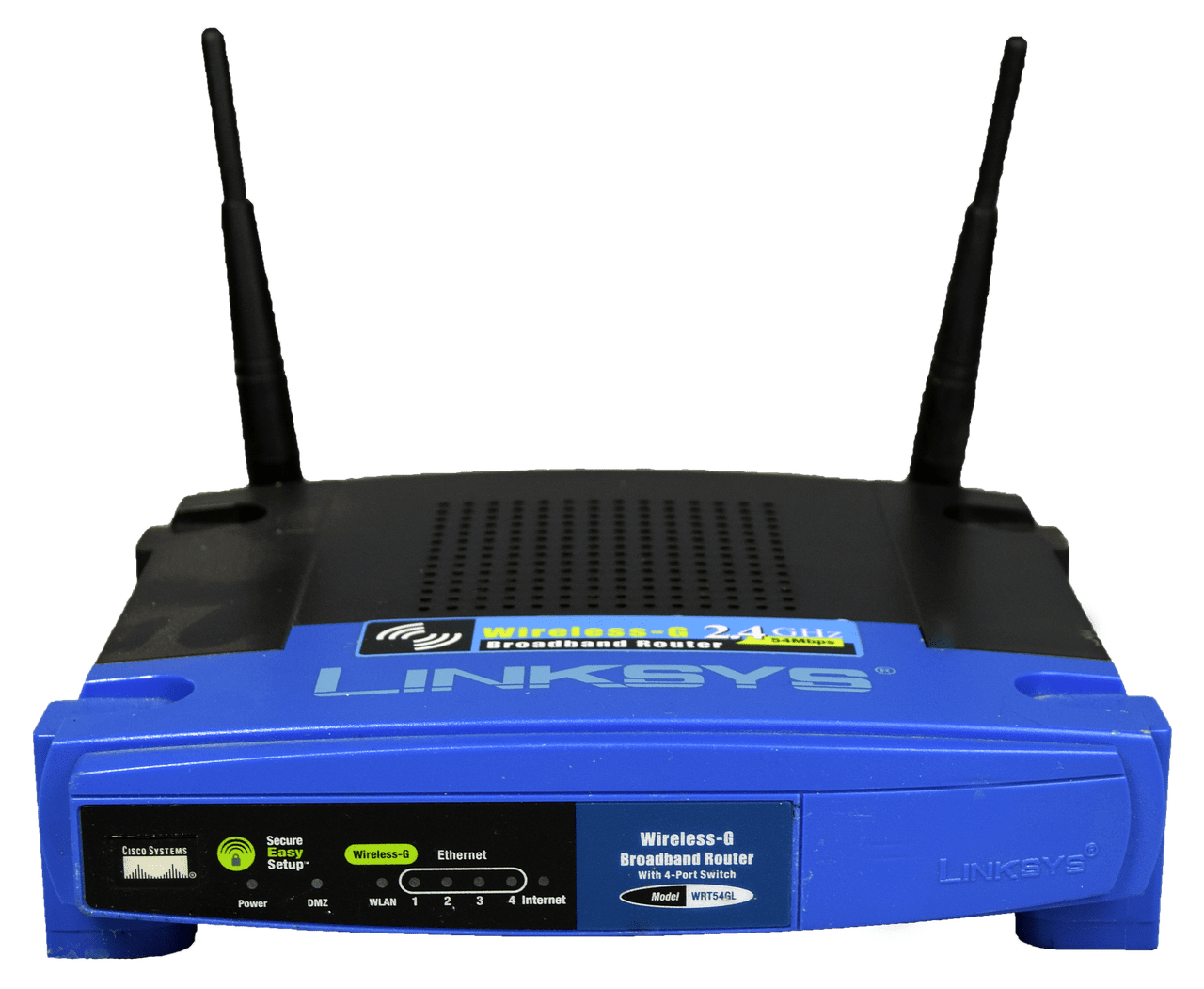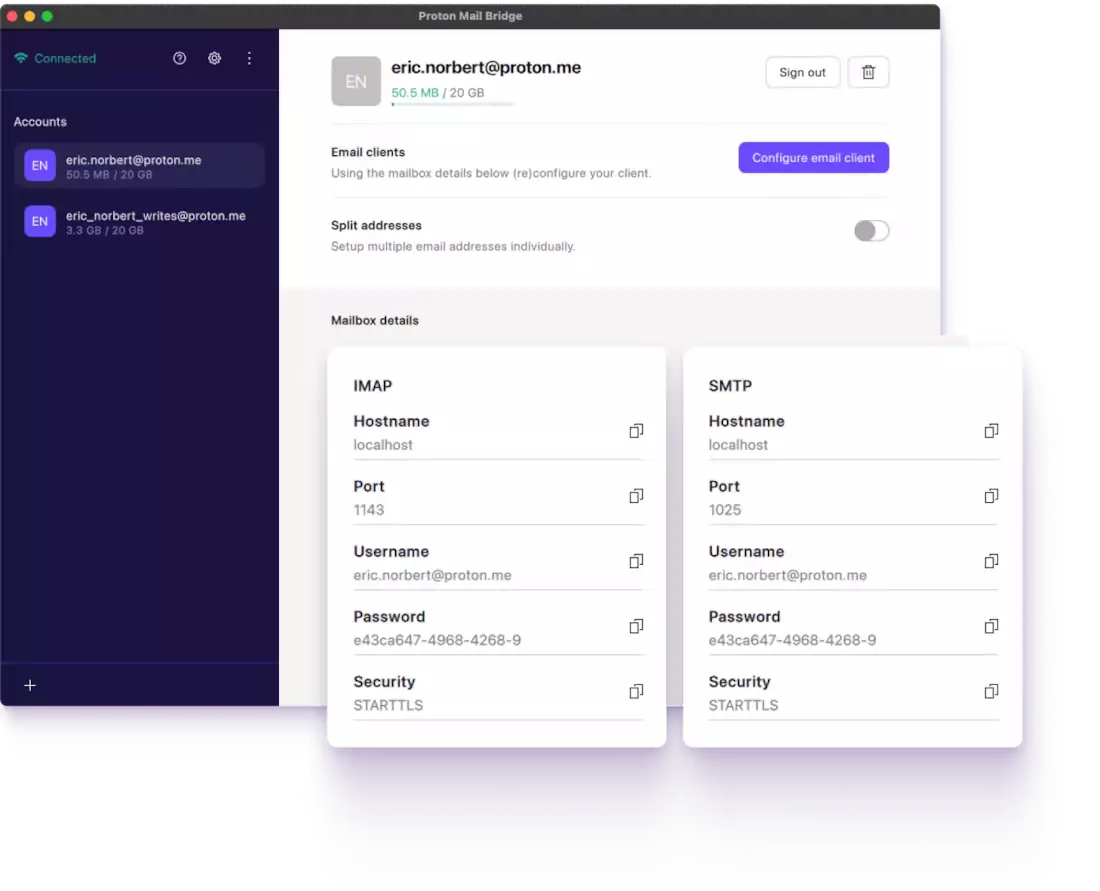Wi-Fi and Internet access are frequently conflated as evidenced by people saying things like ‘Wi-Fi bill’ or discussing Wi-Fi as it Wi-Fi is the Internet itself. Wi-Fi is a network protocol that is used to connect devices to each other or to another network. The distributed nature of the Internet makes it more difficult to understand the structure of a network.
What Is A Wi-Fi Router?
A Wi-Fi router is a device that your phone connects to using its built-in Wi-Fi transmitter/receiver. The Wi-Fi router receives the data your phone transmits and passes it on to a modem that connects you to your Internet service provider. The provider of ‘Internet access’ in this case is actually the modem.
These days, the modem often has its own Wi-Fi router built in as well. In such a case, that means your modem provides a Wi-Fi connection, and you are connected to the Internet through that. Wi-Fi can be used for many different things, but most people use it as a pathway via which they connect to their Internet-providing modem wirelessly.
A Wi-Fi router may also be used to connect several different phones, tablets, or computers to the same Internet connection.
Key Details:
- A Wi-Fi router creates a Wi-Fi network that you sign into on your phone, tablet, computer, etc.
- That Wi-Fi network provides a pathway for the devices in it to connect to the modem.
- Modern Wi-Fi modems don’t usually need you to connect a router to them anymore, because they create a Wi-Fi network for you — thanks to their built-in routers.
- It is sometimes desirable to connect multiple Wi-Fi routers to a modem and place them throughout your building to strengthen the signal. Bear in mind that each of these routers will create their own separate networks. It doesn’t matter if your modem has its own Wi-Fi or not in this case.
- Point #4 above is changing because of Wi-Fi mesh routers, which make it easier to improve signal strength without grappling with the complexity of maintaining multiple networks.
What Is A Wi-Fi Modem?
A Wi-Fi modem is a modem that has a Wi-Fi router built in. It provides access to the Internet through that built-in Wi-Fi router (or optionally through the Ethernet port that is usually included at the back).







